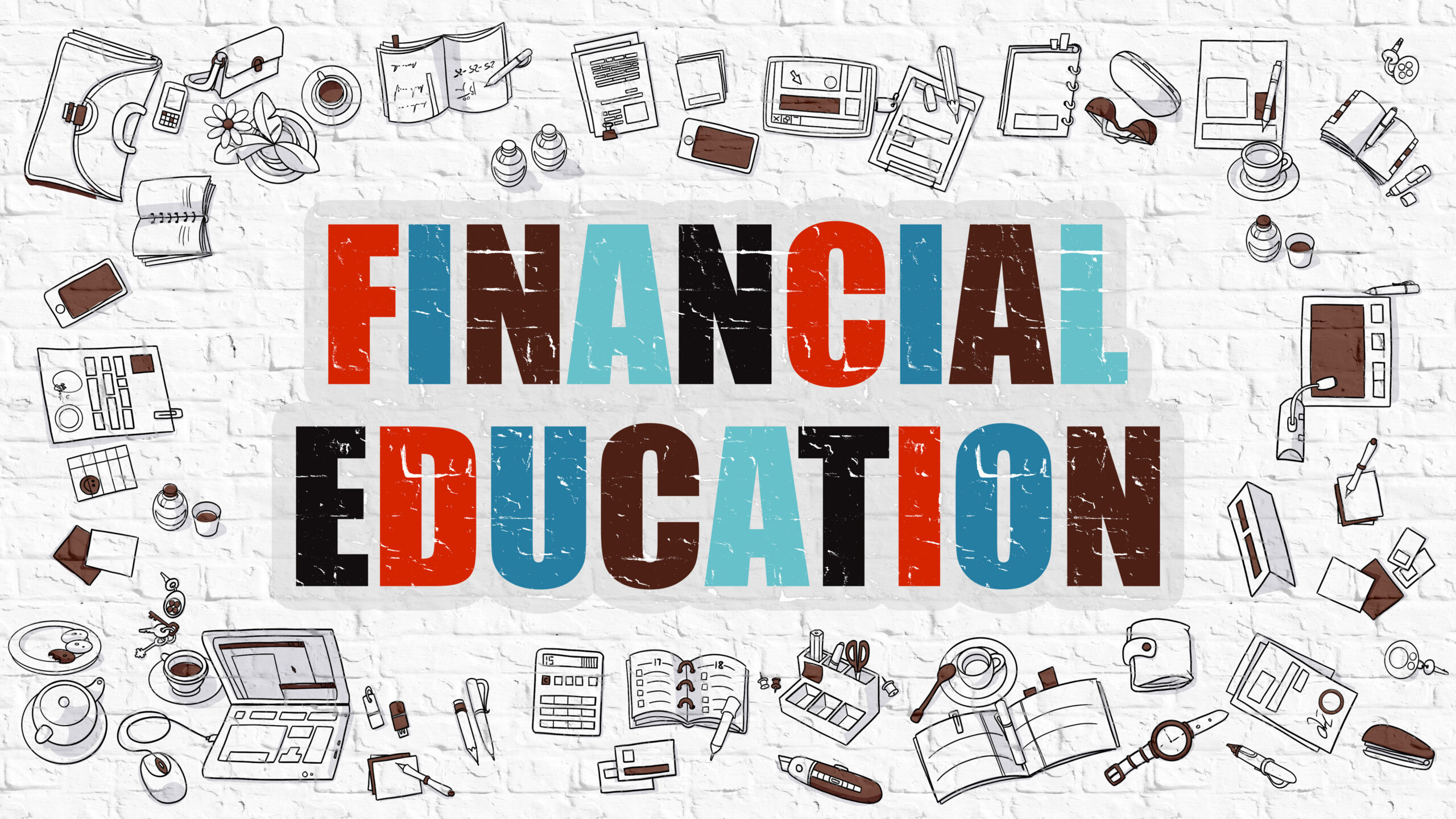Saving money can be challenging, and many people wonder, “Why can’t I save money?” Various habits, expenses, and financial choices may prevent you from reaching your savings goals. Identifying the reasons behind these challenges is the first step toward turning your financial situation around. Here are ten common reasons why saving money might be difficult and tips on how to overcome them.
Living Beyond Your Means
One common reason you may struggle to save money is living beyond your means. This occurs when your monthly expenses consistently exceed your income, making it impossible to set aside funds. To fix this, create a budget that accurately reflects your income and necessary expenses. Cutting back on non-essential spending can help align your lifestyle with your financial reality.
Not Tracking Your Spending
If you’re not tracking where your money goes, it’s easy to overspend without realizing it. Many people find themselves asking, “Why can’t I save money?” because they have no idea how much they spend on small, everyday purchases. Keeping a detailed record of all your expenses can help you identify patterns and areas where you can cut back. By monitoring your spending closely, you can find opportunities to save.
Lack of a Savings Plan
Without a clear savings plan, it can be hard to stay motivated to put money aside. Simply telling yourself to save “whatever is left over” often leads to saving nothing at all. Set specific savings goals and automate your savings to ensure that a portion of your income is consistently set aside. Having a plan makes it easier to stay on track and see progress over time.
High-Interest Debt
High-interest debt, such as credit card balances, can drain your finances and prevent you from saving. The money spent on interest payments could be going toward your savings instead. Focus on paying down high-interest debt first to free up more of your income for savings. Consider debt consolidation or refinancing options to lower interest rates and pay off debt faster.
Impulse Spending
Impulse purchases can quickly eat into your budget and make saving money difficult. These are often unplanned expenses that feel justified at the moment but add up over time. Try implementing a 24-hour rule where you wait before making any non-essential purchases. This pause can help reduce impulse spending and keep more money in your savings account.
Not Adjusting for Lifestyle Changes
Your financial habits may not have adjusted to changes in your lifestyle, such as a new job or living situation. If your spending has increased but your savings habits have not, it can be hard to save money. Regularly review your budget to ensure it aligns with your current financial situation. Making adjustments as needed will help keep your savings on track.
Ignoring Small Expenses
Small expenses, like daily coffee or frequent takeout, can add up to significant amounts over time. These minor costs often go unnoticed but can make a big difference in your ability to save. Review your spending habits to identify small, recurring expenses that can be reduced or eliminated. Redirecting these funds to savings can help grow your nest egg faster.
Not Earning Enough Income
For some, the problem isn’t overspending but simply not earning enough income to cover expenses and save. In this case, finding additional sources of income, such as a side job or freelance work, might be necessary. Consider ways to boost your income, like asking for a raise or investing in further education. Increasing your earnings can provide more breathing room in your budget for saving.
Lack of Financial Education

123rf
A lack of understanding about personal finance can lead to poor money management and limited savings. Not knowing how to create a budget, invest, or manage debt can hold you back from achieving your financial goals. Take the time to educate yourself on financial topics through books, courses, or online resources. Gaining knowledge can empower you to make better decisions and build a stronger financial foundation.
Not Prioritizing Savings
Sometimes, saving money simply isn’t a priority, and other financial obligations or desires take precedence. Without making savings a top priority, it’s easy to find excuses to spend rather than save. Make saving a non-negotiable part of your financial plan by treating it like a bill that must be paid each month. Prioritizing savings will help you build a habit that supports your long-term financial goals.
How to Start Saving Money Today
Understanding why you can’t save money is the first step toward turning your financial situation around. Identifying the habits and challenges that prevent you from saving allows you to make targeted changes. By creating a budget, cutting unnecessary expenses, and increasing your income, you can start building your savings. With discipline and dedication, you can achieve your financial goals.


